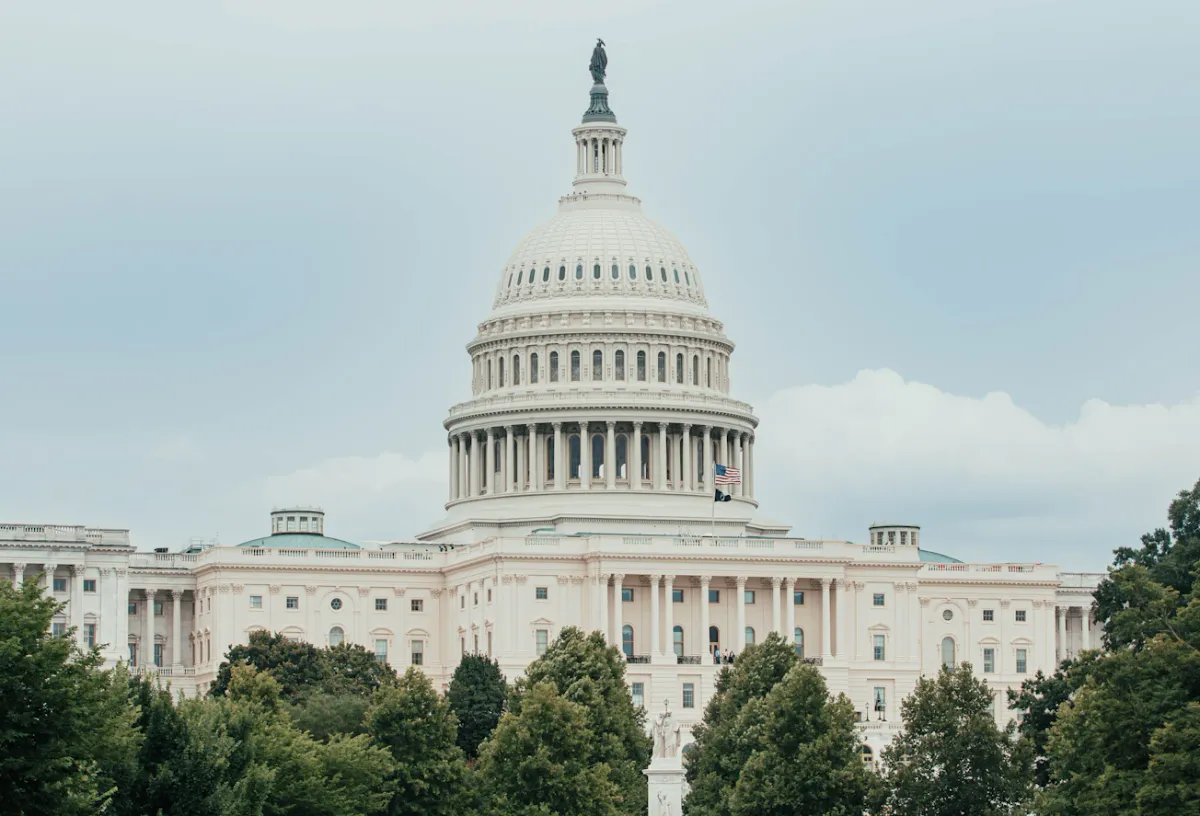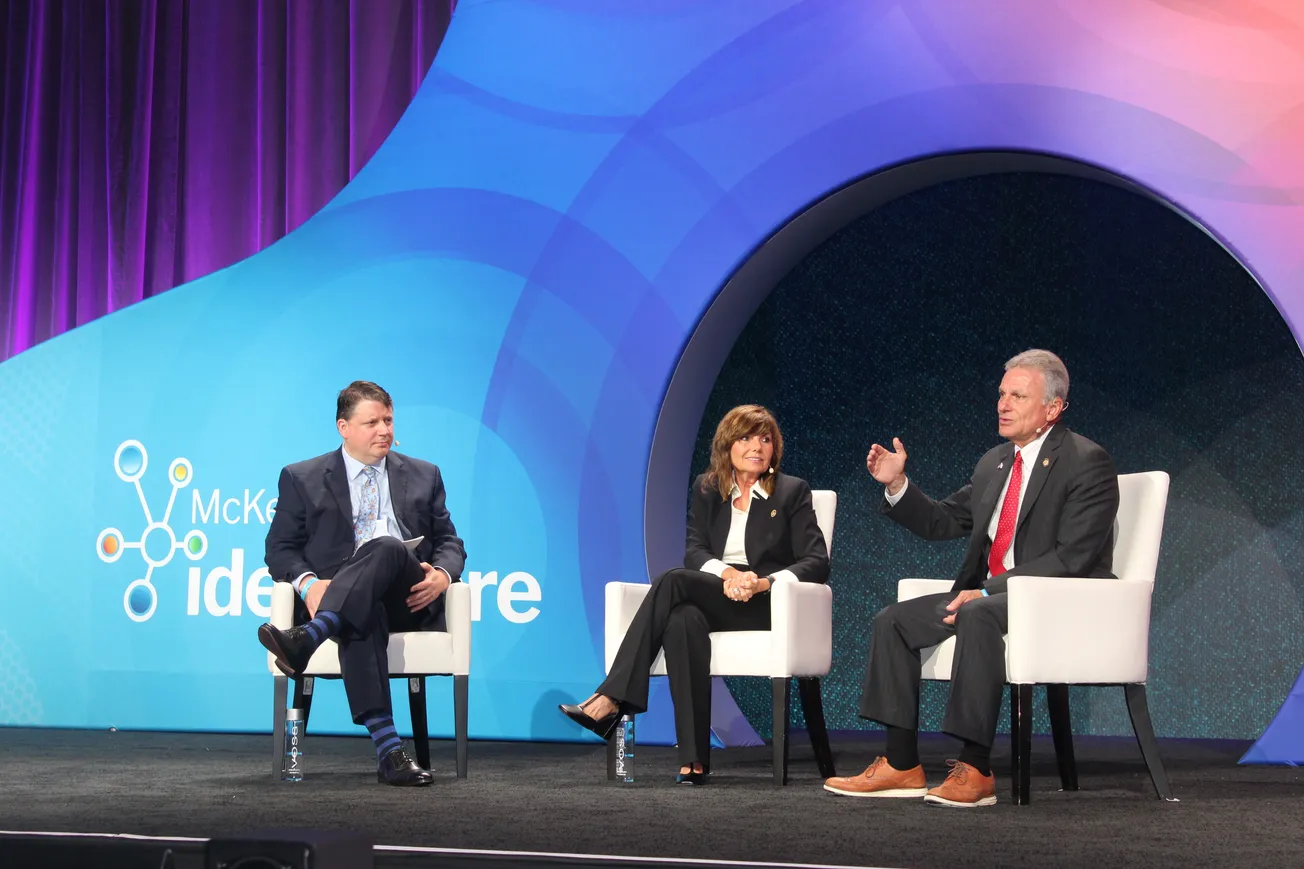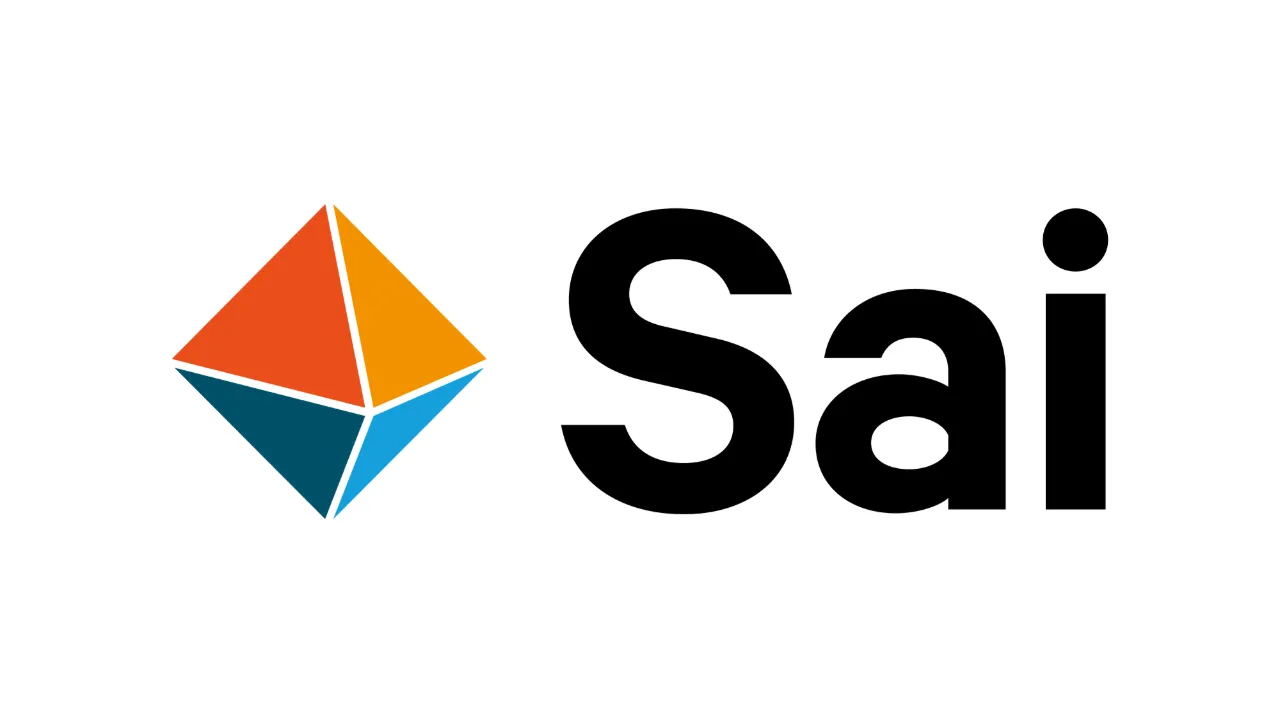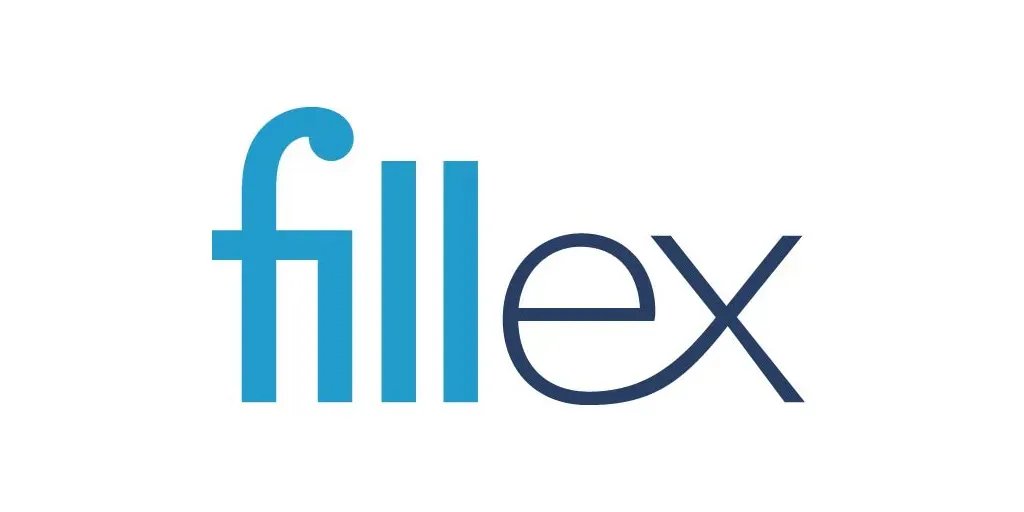NASHVILLE, Tenn. — During Saturday’s general session at ideaShare 2025 conference at the Gaylord Opryland Resort and Convention Center here, pharmacists led the conversation on public policy and advocacy. The session was highlighted by a compelling fireside chat that was moderated by McKesson vice president for U.S. government affairs Matt Williams and featured U.S. Reps. Earl “Buddy” Carter (R., Ga.) and Diana Harshbarger (R., Tenn.), both of whom are pharmacists-turned-lawmakers.
Carter, along with 11 bipartisan members of Congress, including Harshbarger, is spearheading the PBM Reform Act, which protects patients and pharmacies from the harmful and anticompetitive business practices of pharmacy benefit managers.
Carter said the PBM Reform Act will:
• Ban “spread pricing” in Medicaid and move to a transparent system that ensures pharmacies are fairly and adequately reimbursed for serving Medicaid beneficiaries.
• Establish new requirements for PBMs under Medicare Part D, including a policy to delink PBM compensation from the cost of medications and increase transparency.
• Promote transparency for both employers and patients in their prescription drug plans, with semiannual reporting on drug spending, rebates and formulary determinations.
• Require Centers for Medicare and Medicaid Services (CMS) to define and enforce “reasonable and relevant” contract terms in Medicare Part D pharmacy contracts and enforce oversight on reported violations.

When asked how he became a pharmacist Carter said "I decided to get serious about a career and I got a job as a delivery driver in a drug store and that's how its started. And it was just perfect. And it was an omen from God because it was health care. I was obviously very extroverted. Being a pharmacist was working with the public and I knew exactly what I wanted to do and what a blessing. I'm so proud of our profession and so just could not have chosen that greater profession."
From her days as a pharmacist Harshbarger said, “I was the one who watched a senior citizen make a decision between buying their medicine or buying their groceries. I was the one who had to go to the counter and tell the mother how much the antibiotic was for her child and watch her in tears as she tried to figure out how she was going to pay for that antibiotic. I said, as my mission, as my goal, I was going to do something about that.”
Carter said the PBM Reform Act includes everything that was pulled from the “Big Beautiful Bill.” “The bill had bipartisan support, and it still has bipartisan support. And I don’t know about you, but I never went to the counter and asked someone if they were Democrat or Republican. The price of the drug is high. So, we’ve got this PBM reform, it’s going to do away with spread pricing and Medicaid. It’s going to have more transparency so that plan sponsors and employees can see the discounts that the PBMs are getting.”
Harshbarger said there’s more they can do going forward. “My goal as being a health care professional for 38 years, I see the atrocities and what PBMs were supposed to be when they started a fee for service to help us manage everything. It has gotten far away from that. Those patients don’t get that rebate. Pharmacies certainly don’t get it. We got providers saying, ‘Help us.’ It’s the middleman, it’s the PBMs. And that’s why we work so diligently to make sure that we get this resolved.”
Carter added that the Federal Trade Commission is undertaking a study now about the impact of PBMs on independent pharmacies.” We’ve had two interim reports. We’re due for the third interim report any day now, and then the final report hopefully within the year. And that’s going to be significant. Already. They’ve made their two preliminary reports that were scathing of the PBMs,” he said.









